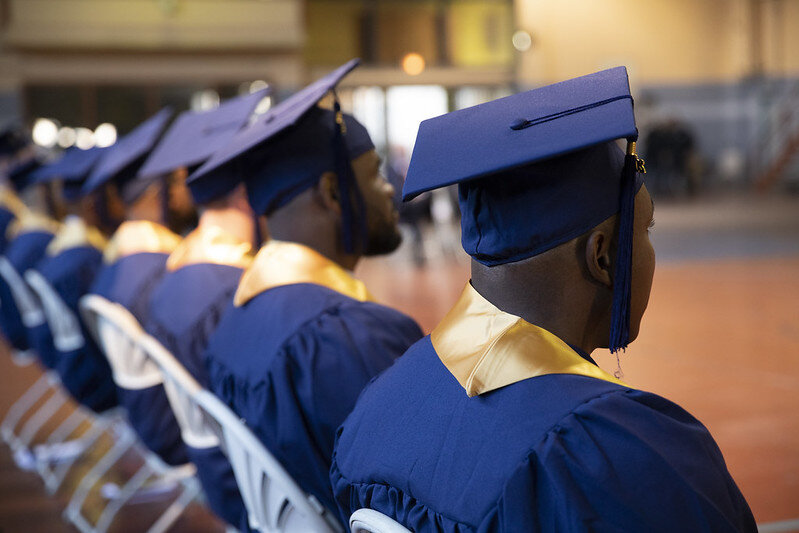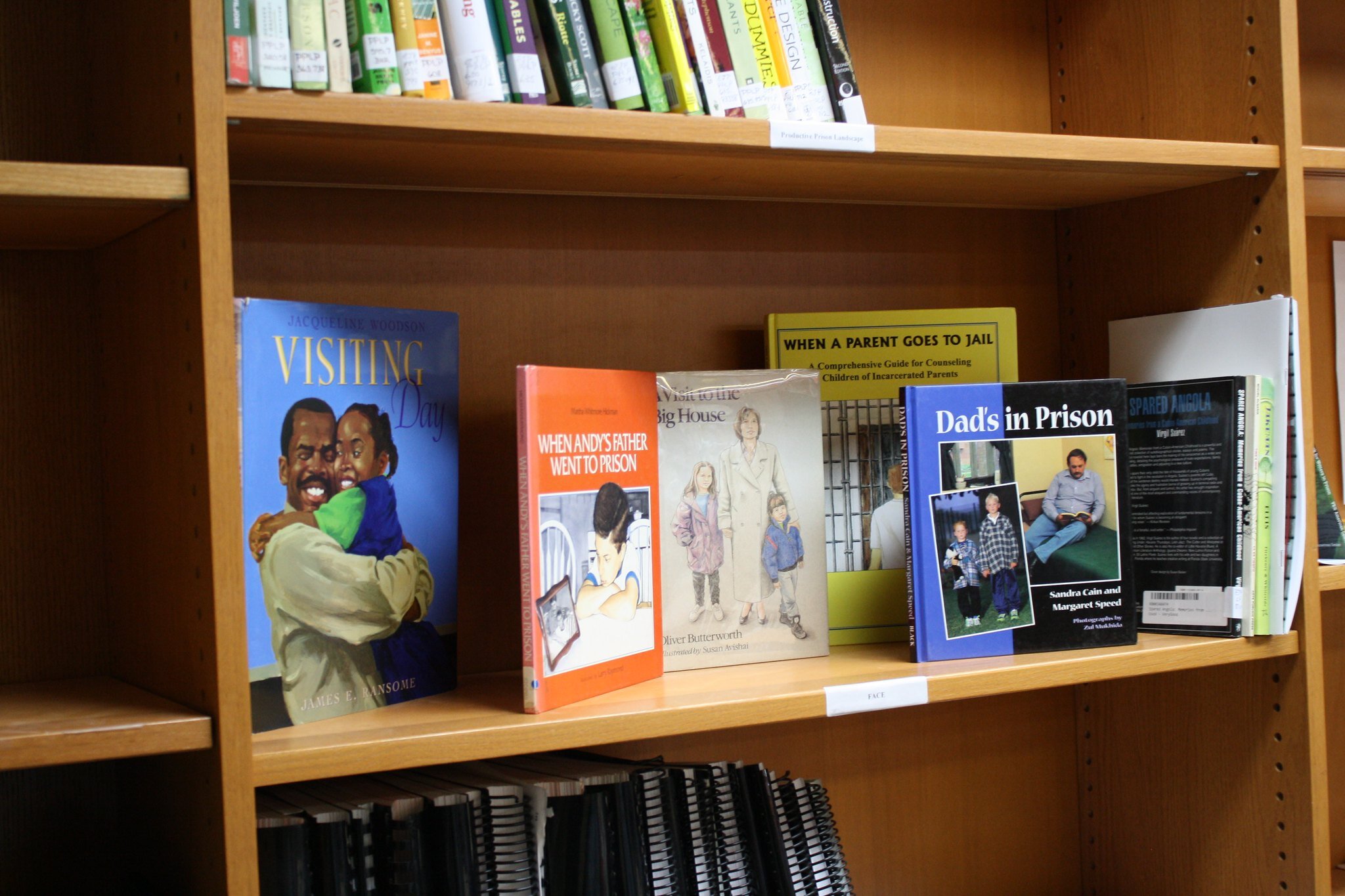
We envision a world where all members of society have access to quality higher education.
Our Beginning
The Freedom to Learn Campaign IL (FTL) formed in March 2019 in response to Danville Correctional Center’s staff removing over 200 titles from the Education Justice Project’s (EJP) library at the prison. Many of the books that were removed focused on race and identity—such as and W.E.B. DuBois’s The Souls of Black Folk and the autobiography of Frederick Douglass. The book removal was a part of the Department of Correction’s growing practice of restricting access to reading materials in prison.
The actions of prison officials at Danville are merely a symptom of a system that fails to support the bettering of human life by expanding the minds and life outcomes of incarcerated individuals, their families, and practitioners. Educators across the state have encountered and continue to encounter censorship challenges and overall systematic blockades to providing free high-quality higher education to incarcerated individuals.
Although the books have been returned, FTL remains an active campaign with specific outcomes that support free, quality, and equitable college-in-prison programs.

Our Work
Freedom to Pursue Higher Education While in Prison
Higher education in prison (HEP) should be available at no cost to all incarcerated students that are academically eligible. Access to HEP must not depend on, inter alia, facility, length of sentence, or security level. All incarcerated students should have the access and opportunity to become eligible for higher education courses.
Freedom to Study Without Interference
Once enrolled, students should have a right to continue participation and the ability to pursue higher education without undue interference as a result of transfers, lockdowns, or other avoidable disruptions. Incarcerated students should receive support in their academic pursuits, including movement, materials, and other academically required accommodations.
Freedom from Censorship
HEP programs should maintain authority over course subject matter, delivery, and evaluation. Policies and procedures for instructor clearance and material approvals should be clear, fair, and deferential to higher education standards.
Incarcerated students should have access to an academic library and other appropriate resources to support their academic freedom, including the ability to publish without interference or restriction.
Freedom to Continue Education Upon Release
Formerly incarcerated scholars should have clear and explicit pathways to continuing their education upon release. Higher education institutions should provide designated staff and support to formerly incarcerated individuals seeking education and employment opportunities.